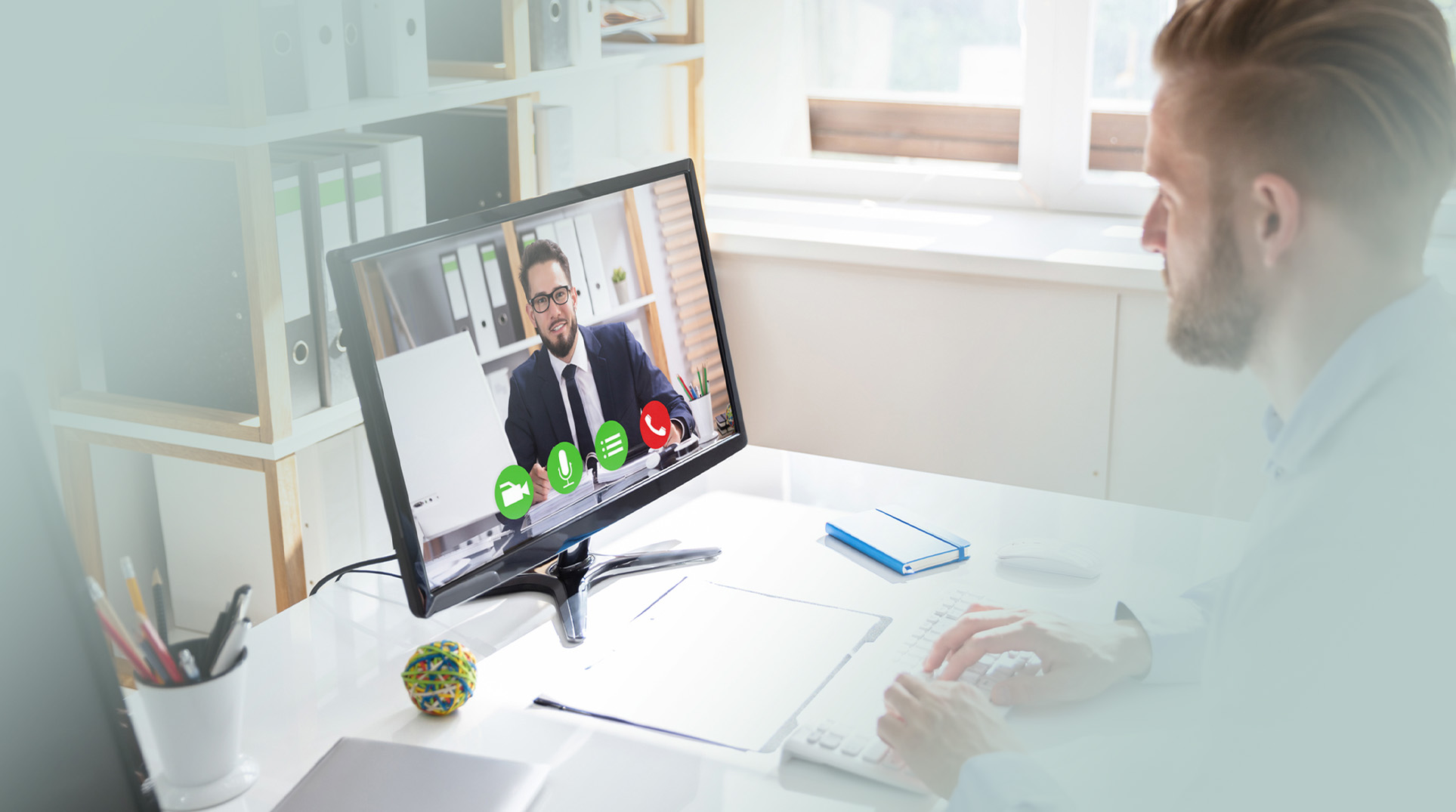Please note, this article contains references to Ashfield Engage which has now become Inizio Engage
Although there was some movement in the EU4+UK to evolve the commercialization model to encompass digital interactions before 2019, COVID forced us to embrace the change to allow for continued engagement with HCPs. And now, more than 40% of HCPs have indicated that they would accept remote calls and meetings, and not surprisingly, this percentage increases with younger HCPs according to a recent IQVIA report based on 2021 research.1
Video calls are undeniably gaining traction. The 2022 study issued by Veeva Systems based on data culled from 130 million quarterly field team interactions across 80% of the global pharmaceutical footprint, reported video calls resulted in three times more prescription writing than in-person meetings. This phenomenon can be due to many reasons, but the fact that video calls last longer, allowing 85% of reps to use content versus 39% when in-person, is a factor that must be addressed.2 Veeva’s report also found that nearly 30% of HCP interactions remain digital—a massive shift from an estimated 5% digital prior to the pandemic.
So, whilst face-to-face customer interactions have rebounded to some degree in 2022 due to physician preference, we must now accept that customer-facing roles need to be “hybrid”. Preferences are continually evolving as demonstrated by the acceptance of text or chat by 1% of providers according to the same Veeva report, and we must flex to deliver on those preferences. Our field forces must be able to deliver consistently high-quality engagements, both face-to-face and remote, and digital within an omnichannel data-driven commercial model.
We know that offering channel choice with the requisite technology and platform is key to establishing a data-driven omnichannel engagement for customers. However, no matter what the channel, putting customer-facing teams in place who can properly navigate this new landscape, plus who can engage effectively with their customers, is paramount to achieving brand and customer success.
“A valuable lesson many of us learned during COVID is that not all representatives who succeed at face-to-face engagements can pivot their skill sets into a successful virtual engagement. Finding the right combination can be a real challenge.”
– Richard Clarke, Director Business Development, Ashfield Engage, UK

At Ashfield Engage we have always believed the key to success lies in having great people. Now we have taken our experience in hiring, developing and retaining great people a step further to define what “great” looks like for a hybrid field-force.
We have developed an end-to-end solution for our clients that enables companies to find and mobilise the right talent for their organisation. We focus on the skills, behaviours, attitudes and knowledge needed for the next-generation hybrid field-force. We have defined how we can create expert hybrid teams who know how and when to engage, understanding the nuances of the various channels available and matching their engagement to the preferences of their customers.
Based on this work, we have established a complete solution for assessing, hiring, and training new and existing teams which comprises the following:
At Ashfield we believe we can help you find and develop the great talent you need to help you realise your omnichannel customer engagement strategy. To find out more please contact Richard Clarke, Director Business Development, Ashfield Engage UK via email, richard.clarke@ashfieldhealthcare.com
1 Smith, Alexandra and Woods, Tom, HCP Channel Preference in an Increasingly Complex Promotional Landscape, an IQVIA White Paper, p.9
2 Adams, Ben. “Video killed the in-person meeting star? Study finds video calls more effective in driving Rx. Fierce Pharma, July 21, 2022.

 Dr. Joachim Hirt (M.A.)
Dr. Joachim Hirt (M.A.)
Mit circa 30 Pharma-Professionals war das Vitamin C Frühstücksevent von Inizio Engage und ysura ein voller Erfolg.
Read moreDr. Joseph Mejia MD, a dedicated Medical Science Liaison shares his passion for learning, relationships with KOLs and leaving a positive impact.
Read more Steve Fields
Steve Fields
Viewpoints through the lens of Field Management and HR Business Partner
Read more